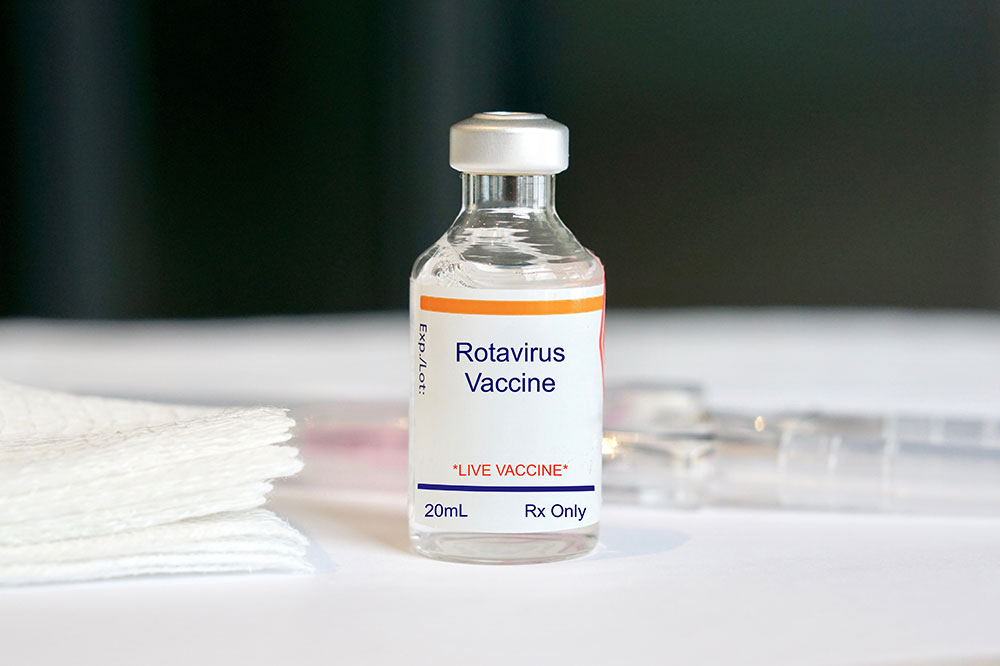Comprehensive Immunization Guide for Infants and Young Children
This comprehensive guide outlines the recommended vaccination schedule for infants and young children in the US, highlighting key vaccines from birth to 6 years. It emphasizes the importance of timely immunizations in preventing serious diseases and offers resources for parents to stay informed on updates and additional vaccines for older children and international travel.

Immunization Schedule for Babies and Toddlers
Maintaining good health starts with preventive measures. Vaccinations are crucial in eliminating severe and life-threatening diseases, contributing to healthier communities.
Parents naturally want to shield their children from illnesses. Understanding the recommended vaccination timetable is essential. The CDC has established a detailed schedule tailored to factors such as regional disease prevalence, vaccine efficacy, and healthcare practices in the US.
Children should receive 14 core vaccines from birth to 18 years. By age 6, they typically get around 36 vaccines, according to CDC guidelines.
Here’s a quick overview of the recommended immunization plan from birth to 6 years:
Birth: Hepatitis B
1-2 months: Rotavirus, DTaP, Hib, PCV, IPV
4 months: Rotavirus, DTaP, Hib, PCV, IPV
6 months: Rotavirus, DTaP, Hib, PCV
6 months to 6 years: Hepatitis B, DTaP, Hib, PCV, IPV, annual flu shot, MMR, Varicella, Hepatitis A
4-6 years: DTaP, IPV, MMR, Varicella
For more detailed information, the CDC website offers comprehensive schedules and updates on new vaccines. Your healthcare provider will guide you through each vaccination timeline. Additional vaccines are recommended for children aged 7 to 18 years, including those protecting against meningococcal disease, HPV, annual influenza, and additional doses of Varicella. Traveling abroad may also necessitate specific immunizations to prevent international diseases.
Important Notice:
This article provides general health information about vaccines and conditions but should not replace professional medical advice. Always consult qualified healthcare professionals for accurate guidance and treatment options tailored to your child's needs.










